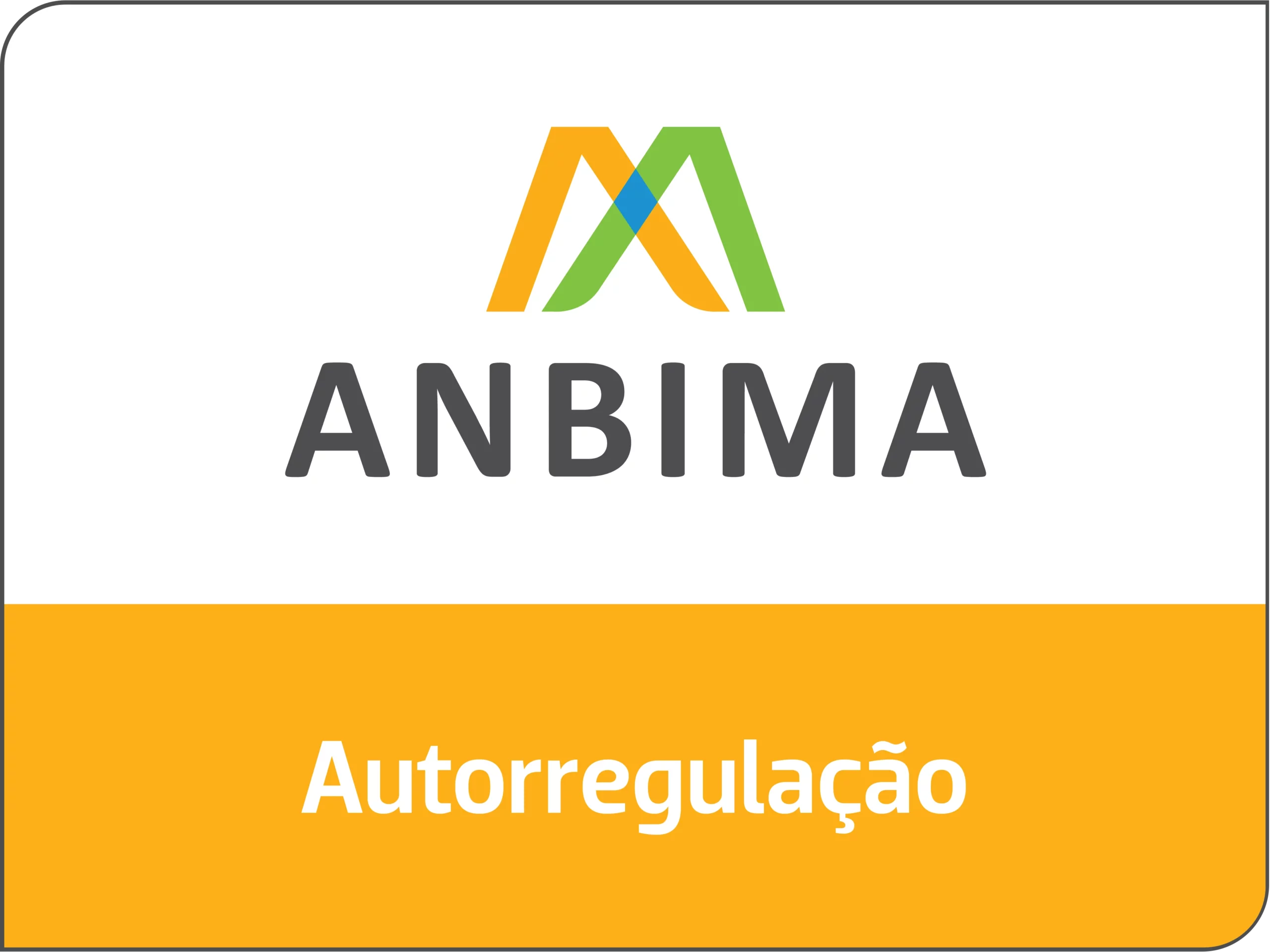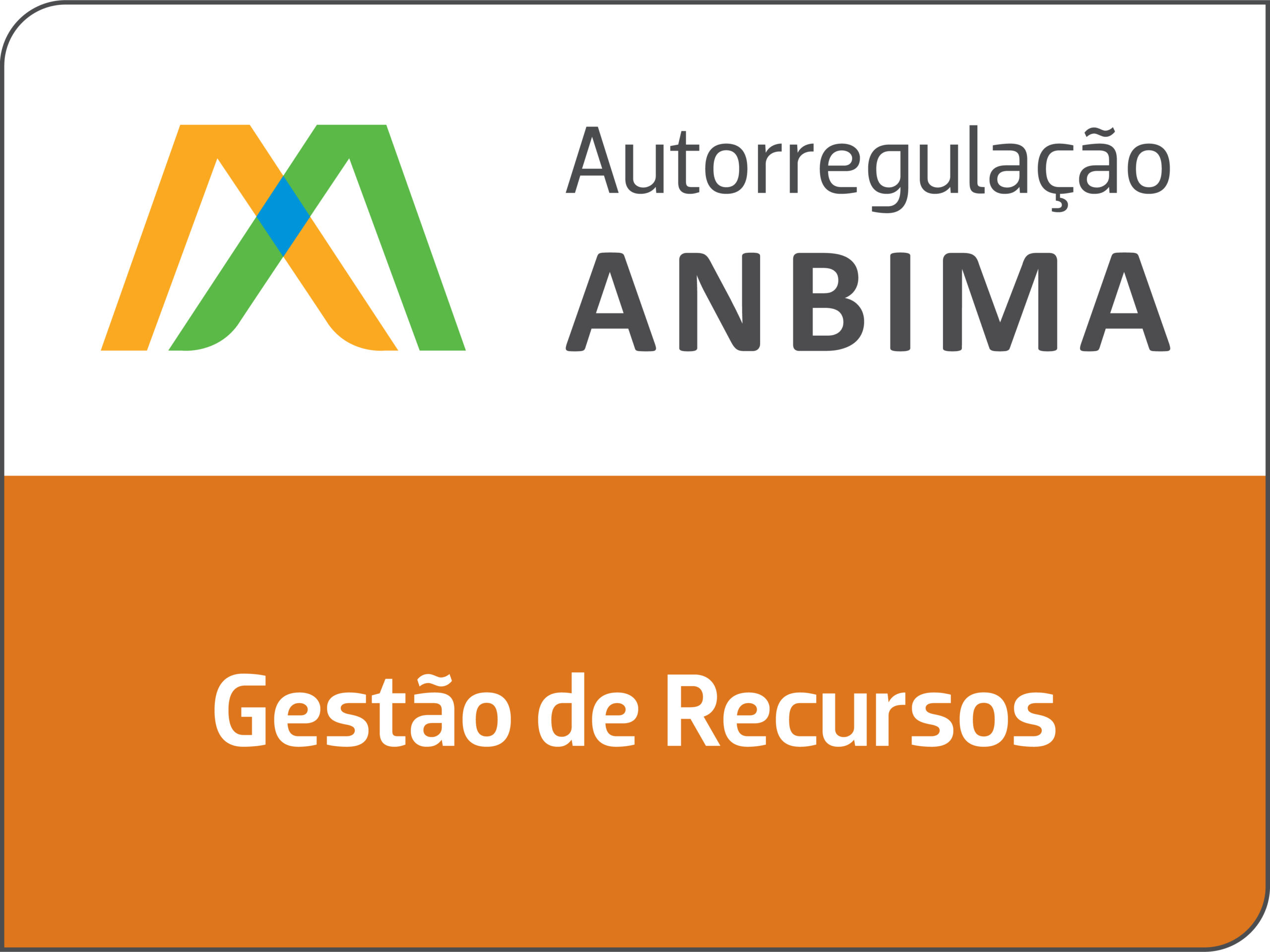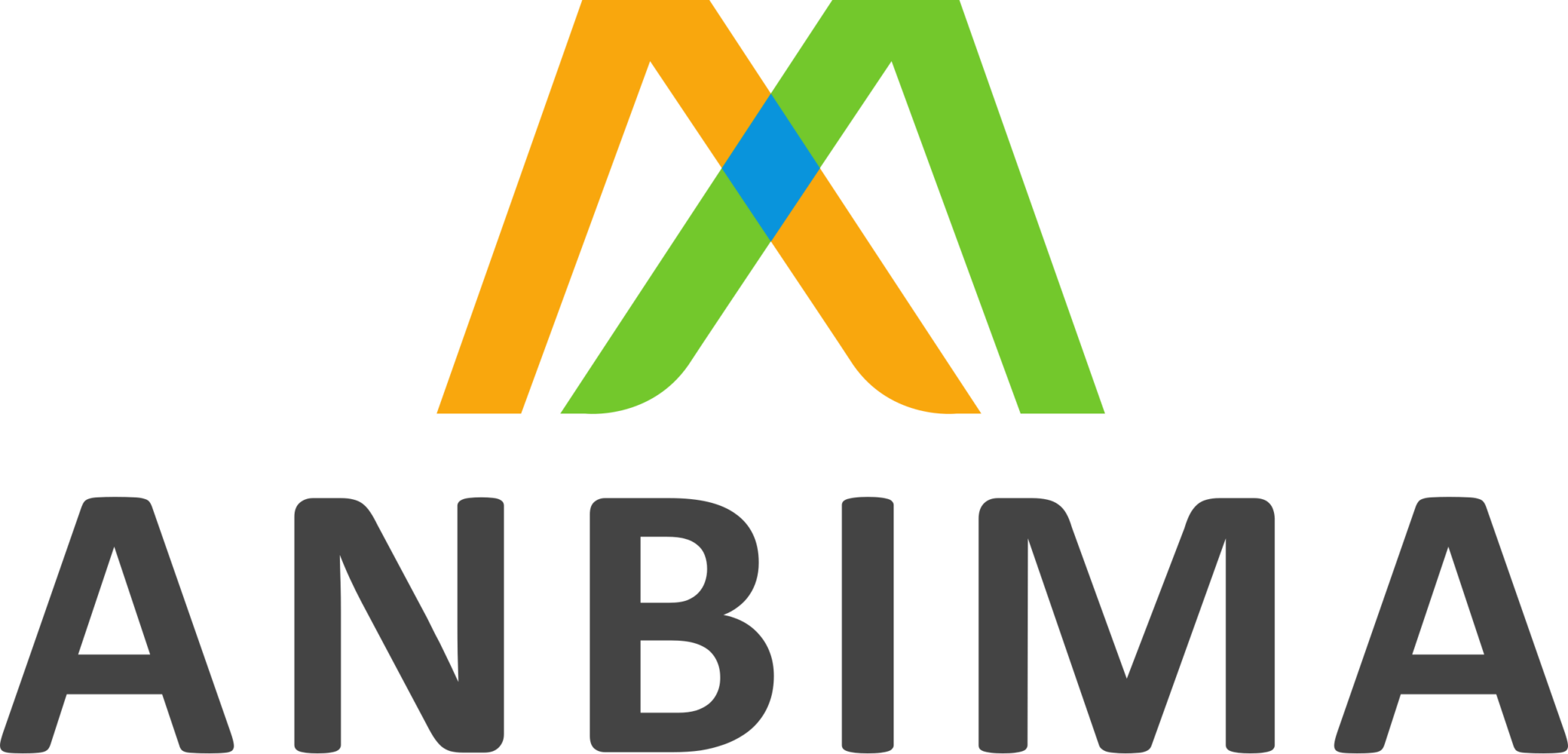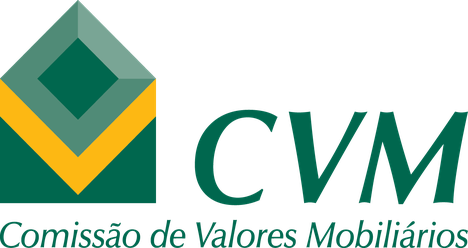Good financial management is essential for the sustainability of any company, and the Credit Rights Investment Fund (FIDC) emerges as an effective solution to improve both cash flow and corporate governance.
This financial instrument not only offers advantages in managing expenses and investments, but also contributes to increasing transparency and trust of stakeholders, creating a positive cycle for the company’s financial health and reputation.
Building trust with the market
Financial transparency is one of the pillars of good corporate governance. By adopting a FIDC, companies gain a new layer of security and credibility. This is because the fund is regulated by the Securities and Exchange Commission (SEC), and the financial data of the FIDC are public and audited regularly.
From this visibility, investors, creditors and other stakeholders can closely monitor the financial health of the fund and verify compliance with obligations, which strengthens confidence in the company’s operations.
The practice of transparency is essential to attract investors and financial partners. Companies that demonstrate a good level of governance, with clear and accessible data on their financial management, have more ease to access capital markets and obtain better financial conditions. In addition, robust governance facilitates risk management and strengthens the organization’s competitive position.
Cash flow management and stakeholder trust
By using a FIDC, the company can adjust its cash flow efficiently without resorting to new debt or compromising its financial health. FIDC allows the company to pre-charge receivables (such as duplicates) and obtain immediate liquidity. This is essential to honor urgent financial commitments or invest in strategic opportunities without losing control over your debt. The operation of anticipation of receivables can be done quickly, with less bureaucracy and lower costs than traditional alternatives such as bank loans.
An important point is that, when operating with FIDC, the company can act as both assignee (ceding its receivables) and as a payday (anticipating payments to its suppliers).
This flexibility makes the FIDC a highly adaptable tool, able to meet the specific needs of the company at different times. In the case of suppliers, the cash payment made by FIDC ensures the continuity of business relations, while the company can negotiate more appropriate deadlines for the payment of the fund, which better aligns its cash needs.
The solution without debt, with a positive impact on governance
One of the great advantages of FIDC is that it does not generate traditional indebtedness. By selling credit claims, the company does not assume new debt, which helps to preserve its credit rating and improves its tax position.
This is a decisive factor for companies seeking to maintain sound governance and protect their long-term financial health. In addition, the FIDC structure offers greater flexibility in controlling cash flow, as receivables are sold with defined deadlines and at more predictable costs, facilitating financial planning.
In addition to financial gain, brings confidence
The FIDC goes far beyond financial and tax gains, offering clear benefits to companies seeking to optimize their cash flow while strengthening their corporate governance. The transparency provided by the public data of the fund increases the confidence of stakeholders, while the possibility of anticipation of receivables ensures liquidity without the need for debt.
In addition, IFCD allows companies to maintain their financial operations healthy, strengthen their strategic investments and pursue sustainable growth.
By adopting this solution, companies are able not only to solve short-term challenges but also to establish a solid and reliable financial foundation capable of driving their long-term growth with security and transparency.







